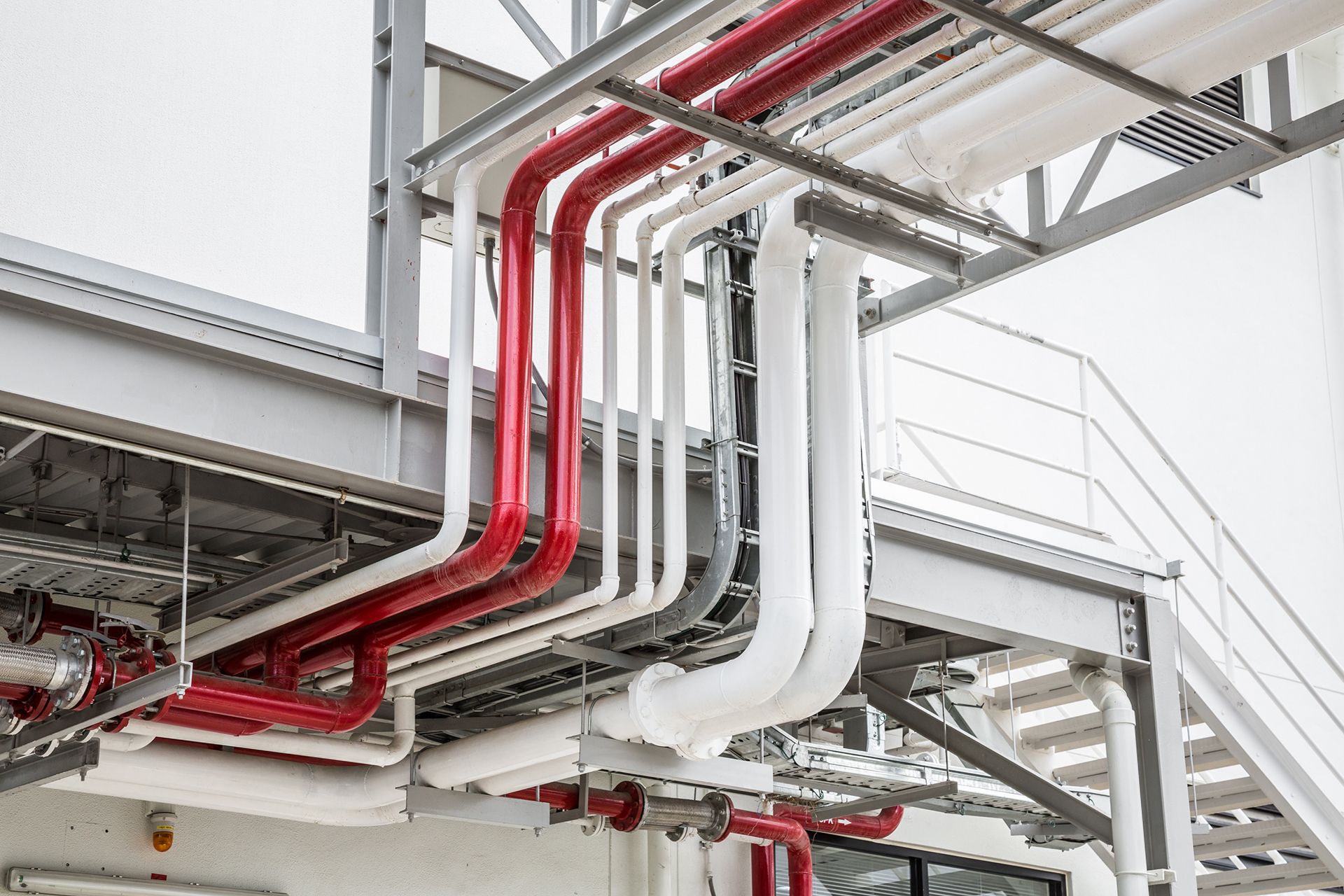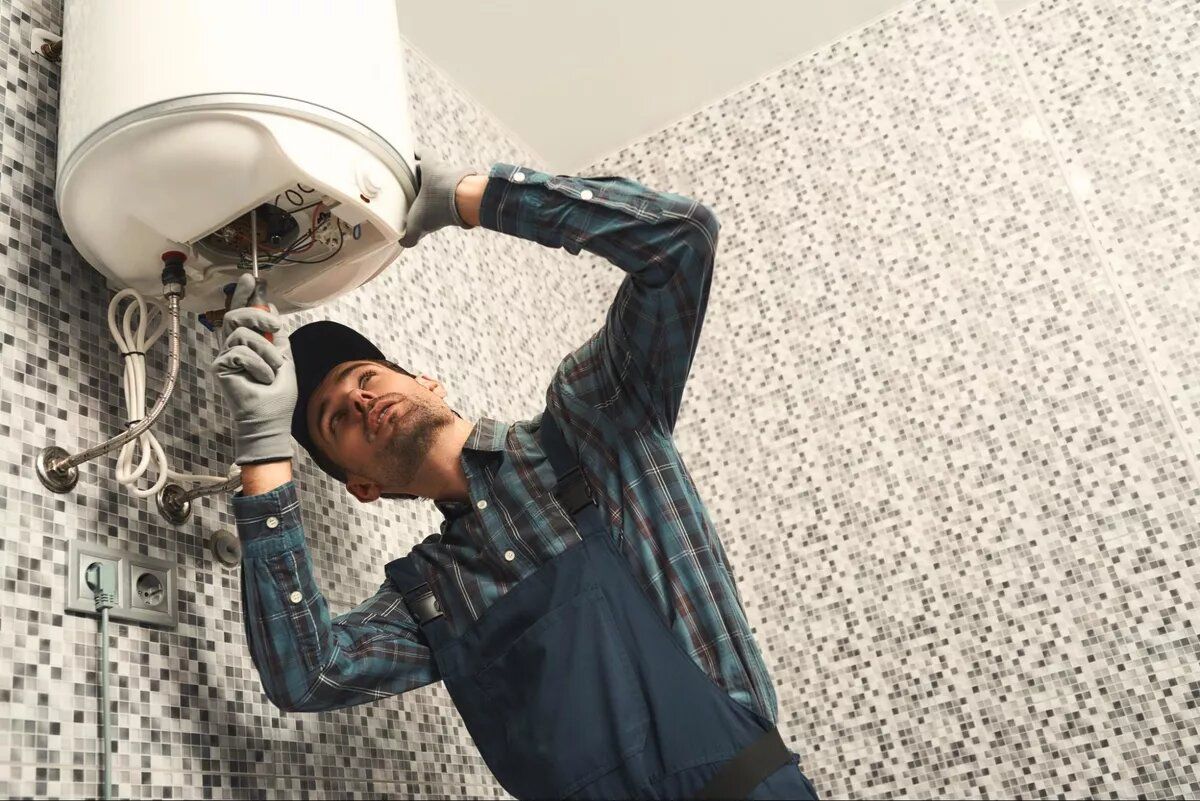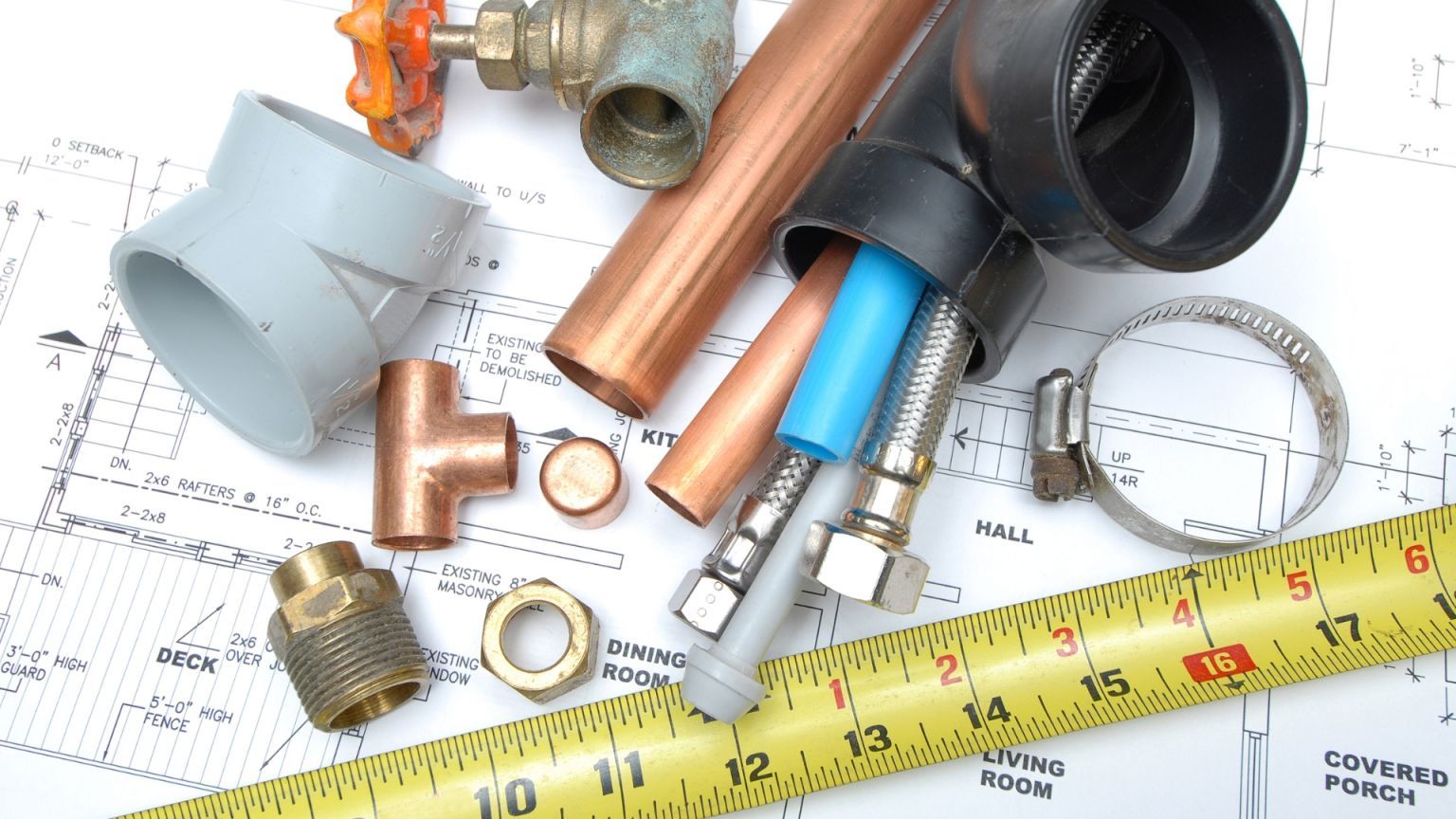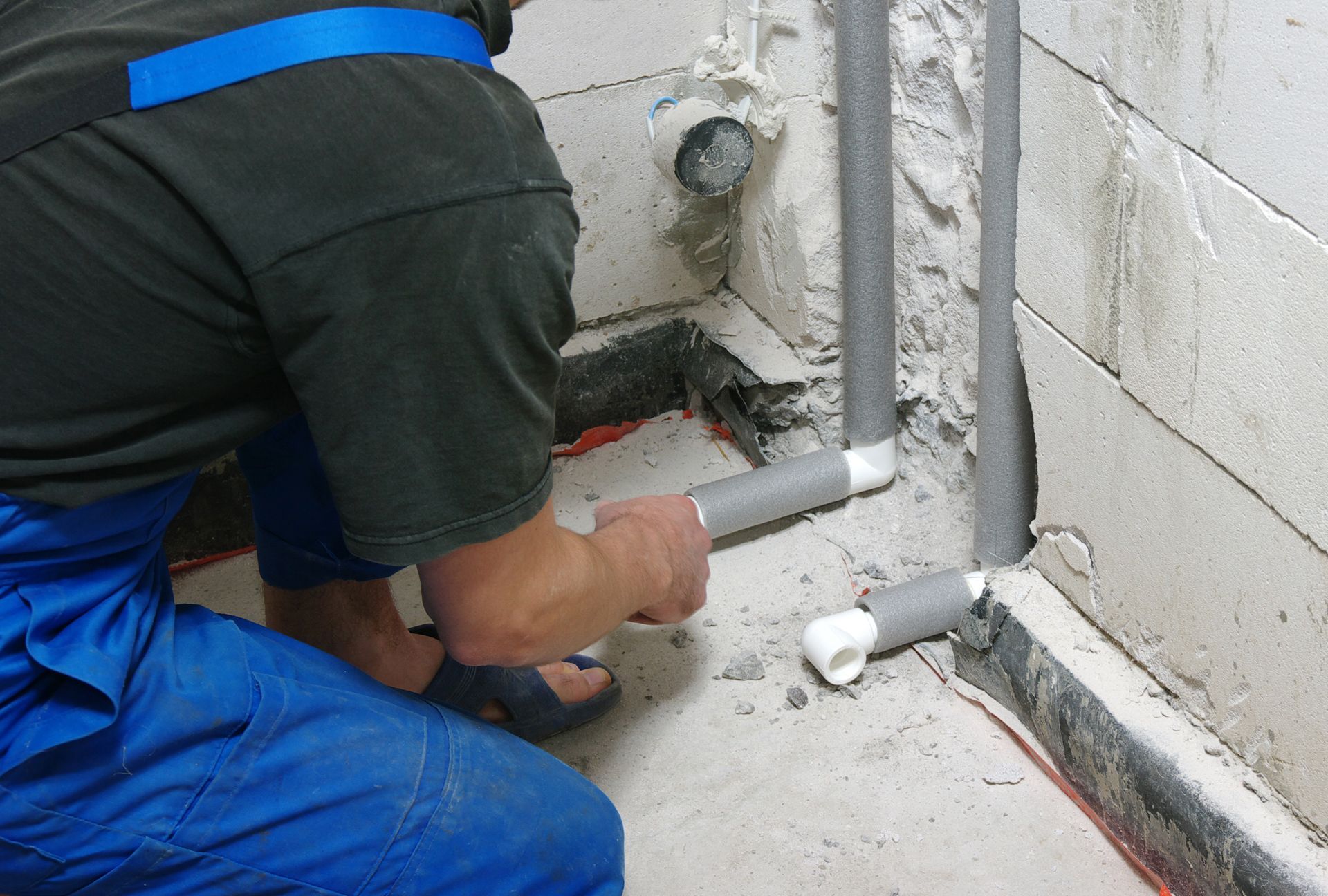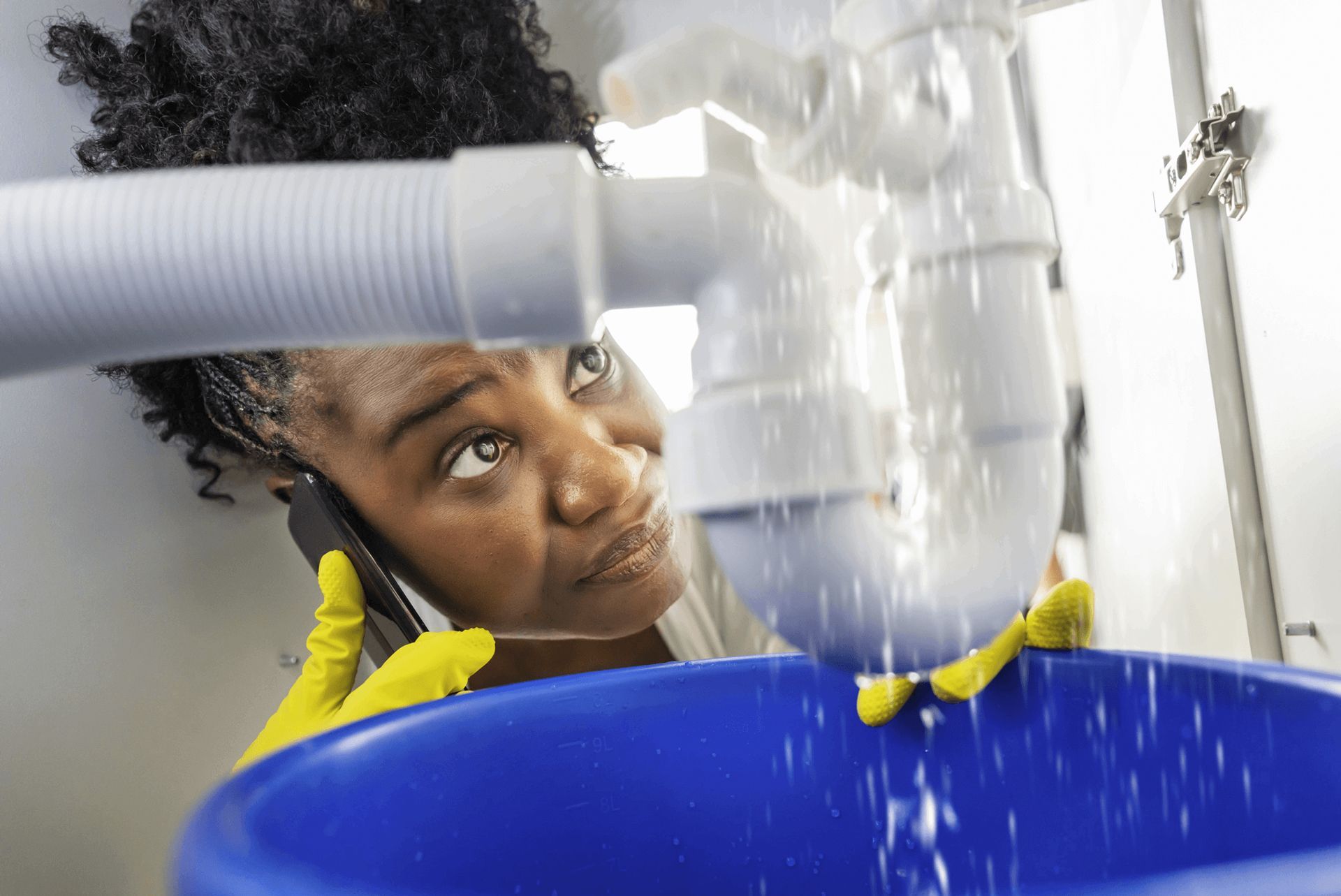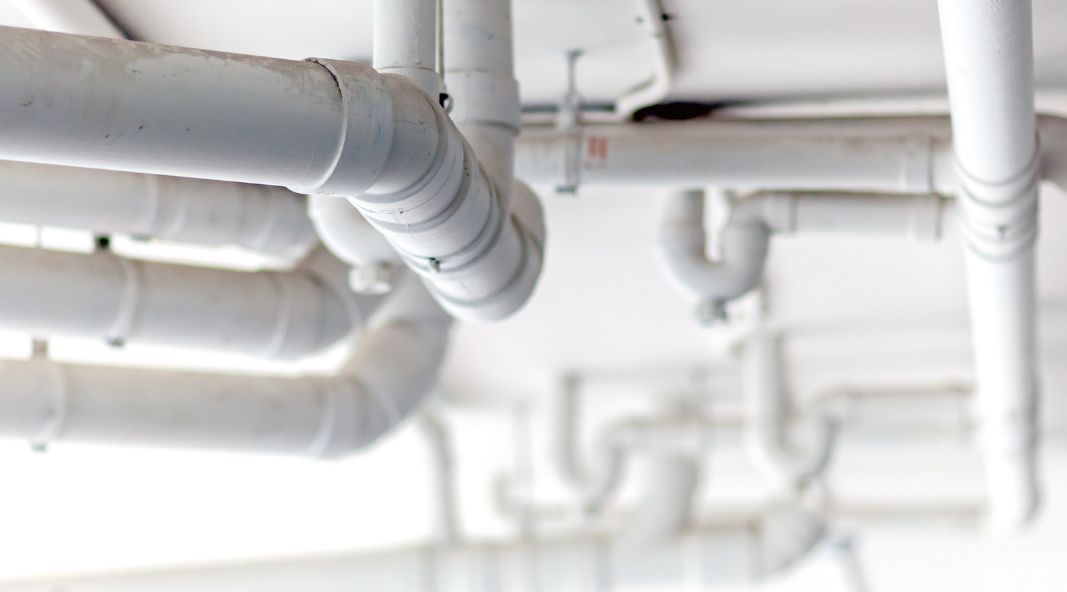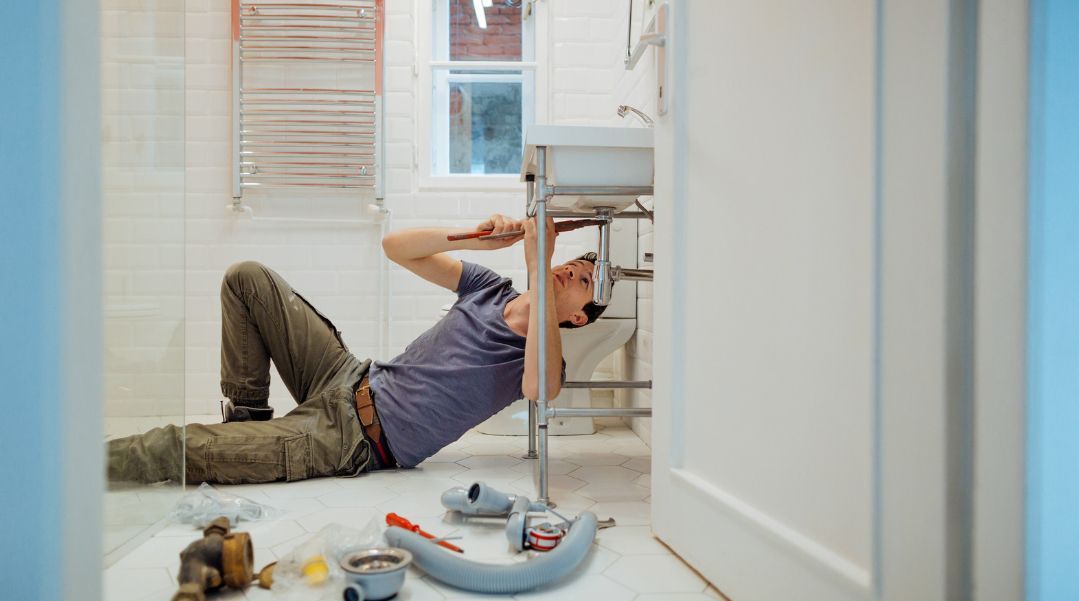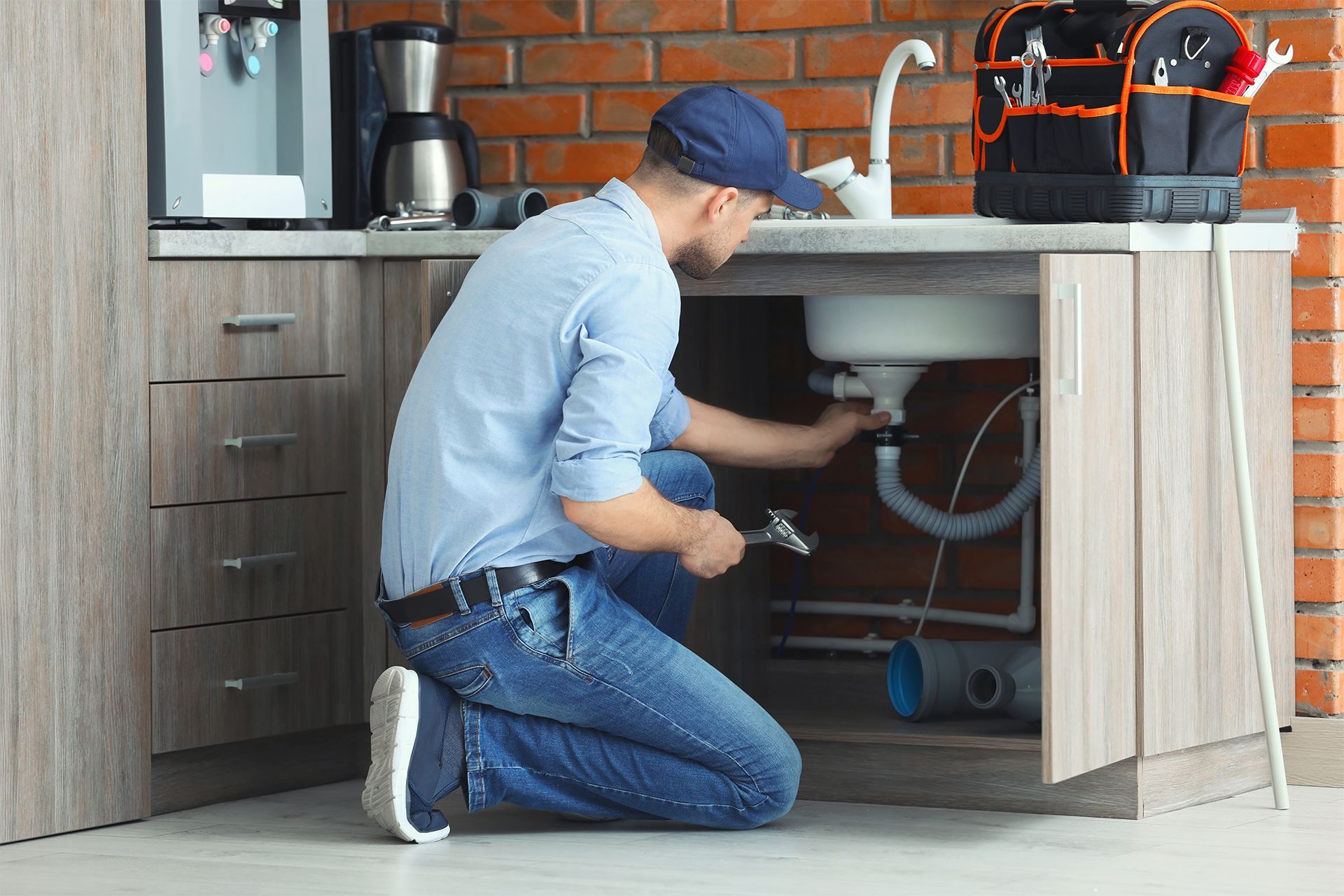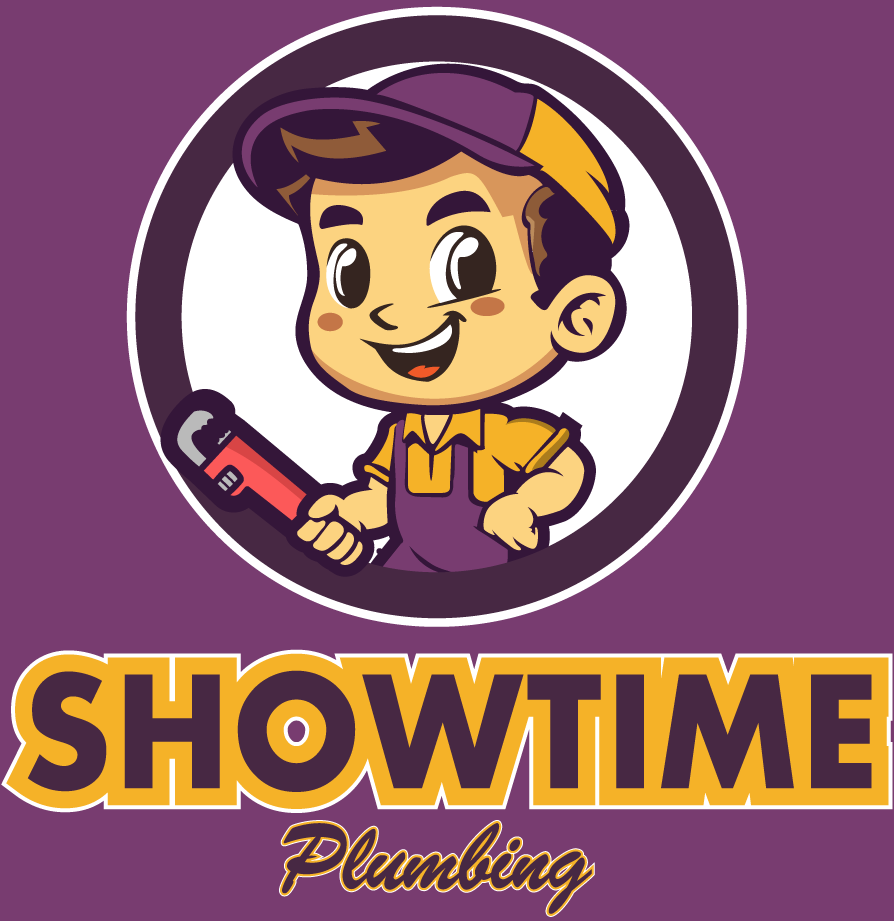Water Heater Making Noise? Here’s What You Should Know
Water heaters play an essential role in providing hot water for a myriad of daily activities. Yet, staying alert to any abnormal sounds emanating from your water heater is crucial. When your water heater starts making noise, it’s often a signal that there might be underlying issues needing urgent care. Responding swiftly to these noises by identifying and rectifying them can avert more significant problems and ensure the continued efficiency of your unit. This guide delves into common noises you might hear from a water heater making noise and explores their potential causes, thereby equipping you with the knowledge to maintain your water heater’s optimal performance.
Common Water Heater Noises
Uncommon sounds from your water heater may indicate a potential issue to address. Understanding the common types of sounds and their possible causes is crucial for maintaining your water heater’s efficiency and longevity. From rumbling and popping to hissing and banging, we’ll break down the different noises you might encounter and what they could mean for your system’s health.
1. Popping or Cracking Sounds
If you notice popping or cracking noises from your water heater, they may resemble the sound of popcorn popping. These noises can be unsettling, but understanding their potential causes can help you address them efficiently.
Potential causes:
- Sediment buildup in the tank: As time passes, minerals and sediments settle at the tank’s bottom, leading to popping or cracking sounds when the water heats up.
- Water boiling under sediment: Heat causes the water to boil underneath the sediment layer, releasing air bubbles that create popping noises.
- Thermal expansion of the tank: As the water heats up, the tank expands, and this expansion and contraction can generate cracking sounds.
2. Humming or Buzzing Sounds
When your water heater emits a constant hum or buzz, it’s like having a background soundtrack of vibration in your home. The noise can be as persistent as a gentle hum, creating an ambiance you didn’t expect from your appliance. Your water heater has decided to add a musical touch to your daily routine.
Potential Causes:
- Electrical issues with the heating element: A malfunctioning heating element can generate a sound, indicating an electrical problem that needs prompt attention.
- Loose wiring or components: Vibrations caused by loose electrical connections or components can cause noise, requiring professional attention to secure the system.
- Scale buildup on the heating element: Mineral deposits building up on the heating element can cause vibrations during operation, resulting in a hum or buzz.
3. Rumbling or Banging Sounds
If your water heater emits loud rumbling or banging sounds, it could indicate various issues within the unit. These noises often occur when water hits the accumulation of sediment at the tank’s bottom or due to the expansion and contraction of the tank itself. The loudness and frequency of the sounds can vary, but they typically indicate a need for inspection and maintenance.
Potential Causes:
- Water hitting a buildup of sediment: Sediment accumulating in the tank can disturb water, causing rumbling or banging sounds.
- Temperature fluctuations causing tank expansion and contraction: Temperature fluctuations can lead the tank to expand and contract, which may cause disruptive noises.
- Loose heating element or other internal components: Internal components, including the heating element, may become loose and create disruptive sounds as water flows through the system.
4. Sizzling or Hissing Sounds
When you hear sizzling or hissing sounds from your water heater, it can be unnerving and signal underlying issues. These noises are often sharp and continuous, resembling water dripping onto a hot surface. The intensity of the sounds can vary, but it’s crucial to address them promptly to prevent potential damage or failure of the water heater.
Potential Causes:
- Water leaking onto a hot surface: The sizzling or hissing sounds may result from water leakage onto a hot component within the water heater, such as the heating element.
- Undetected cracks in the tank: Cracks can allow water to escape onto heated surfaces, producing sizzling sounds. Regular inspection is essential to identify and repair any tank damage.
- Potential signs of imminent tank failure: Sizzling or hissing noises can be warning signs of an impending water heater malfunction or tank failure.
Water Heater Making Noise: Troubleshooting Methods
When troubleshooting water heater noises, it’s essential to determine the root cause to ensure an effective solution. By understanding everyday noises and their possible causes, you can take the necessary steps to address the problem promptly. Let’s explore some effective troubleshooting methods to help you get your water heater back in shape.
1. Flushing the Tank
Regular water heater maintenance prevents recurring noises and ensures efficient operation. Sediment buildup and mineral deposits can lead to various noises emanating from the tank, signaling the need for timely intervention. By incorporating simple maintenance routines such as flushing the tank, you can increase the longevity of your water heater and avoid unexpected disruptions in your daily routine.
To flush your water heater and eliminate sediment accumulation, adopt these steps:
- Turn off the power supply to the water heater.
- Attach a garden hose to the drain valve at the tank’s base.
- Place the other end of the hose in a suitable drainage area.
- Open a hot water tap in your home to allow air into the tank.
- Open the drain valve and let the water flow out until it clears.
- Once the water is clear, close the drain valve, detach the hose, and refill the tank.
- Turn the power back on and monitor the tank for any unusual noises or performance issues following the flush.
2. Inspecting and Repairing Heating Element
Your water heater’s heating element maintains optimal temperature levels and prevents noisy malfunctions. Regular inspection and maintenance of the heating element can help address potential issues such as electrical problems or scale buildup, ensuring the efficient performance of your water heater and minimizing disruptive noises.
How to Check and Repair the Heating Element:
- Turn off the power supply to the water heater.
- Test the heating element using a multimeter for continuity.
- If the component is faulty, replace it with a new one.
- Clean the heating element using a descaling solution if scale buildup is present.
- Ensure all electrical connections are secure before restoring power to the water heater.
Safety Precautions:
When working on electrical components such as the heating element of your water heater, it is essential to observe proper safety precautions. Always turn off the power supply before starting any repair or inspection. Use insulated tools to avoid the risk of electric shock, and wear appropriate protective gear such as gloves and goggles. If you need clarification on managing electrical components, it is advisable to seek help from a professional to ensure safety and avoid accidents.
3. Monitoring Water Pressure and Temperature
Proper water pressure and temperature settings are essential for your water heater’s efficient and safe operation. Incorrect settings can result in recurring noisy disturbances and potentially damage or even catastrophic failure. By regularly monitoring and maintaining these settings, you can prevent unnecessary noises and ensure the longevity of your water heater.
To minimize noise and prevent damage to your water heater, follow these steps:
- Inspect the pressure relief valve to verify that it is functioning correctly. If it’s leaking or releasing water, it may be a sign of excessive pressure or a faulty valve. Replace it if necessary.
- Adjust the temperature to a safe and suitable setting recommended by the manufacturer. Extreme temperatures can strain the water heater’s components, resulting in vibrations, hissing sounds, or leaks.
- Keep an eye on the water pressure gauge. If the pressure exceeds the recommended range, install a pressure-reducing valve or seek professional assistance to address the issue.
- Examine the water heater regularly to detect any indications of leakage, corrosion, or unusual noises. Take immediate action to resolve any issues to prevent additional damage and prolong the unit’s lifespan.
4. Professional Inspection
When addressing persistent water heater noises, enlisting the expertise of a professional plumber can provide a comprehensive solution to the underlying issues, ensuring that your water heater operates safely and efficiently.
When to Call a Professional Plumber
It is advisable to enlist the services of a professional plumber when:
- Unusual or loud noises persist despite attempting basic troubleshooting methods.
- There are signs of water leakage, corrosion, or structural damage around the water heater.
- The water heater is nearing the end of its expected lifespan, and noises have become increasingly frequent or intense.
- Your water heater requires professional maintenance or service checks to maintain optimal performance and prevent future issues.
Recommendations for Routine Maintenance and Service Checks
To keep your water heater in top condition, consider the following routine maintenance and service checks:
- Schedule annual professional maintenance to inspect for sediment buildup, worn-out components, and potential issues.
- Replace sacrificial anode rods as needed to prevent corrosion within the tank.
- Regularly flush the tank to eliminate sediment and mineral buildup.
- Ensure adequate ventilation around the water heater to avoid overheating and excessive pressure.
- Monitor the unit for performance, efficiency, or noise level changes and address them promptly to prevent further damage.
Final Thoughts
In summary, water heater noises can stem from sediment buildup, thermal expansion, or potential water leaks, leading to familiar sounds like rumbling, popping, or hissing. Understanding these noises and their causes is vital in addressing water heater issues effectively.
Address water heater noises promptly to prevent additional damage and ensure your water heater operates efficiently. Opting for professional plumbing services can provide the expertise needed to diagnose and resolve these issues, ensuring your water heater functions optimally. Showtime Plumbing LLC Service offers years of experience and a skilled team to effectively address your water heater concerns. For reliable assistance with addressing water heater noises and maintaining your water heater’s performance, please call us today for more details on our services.
